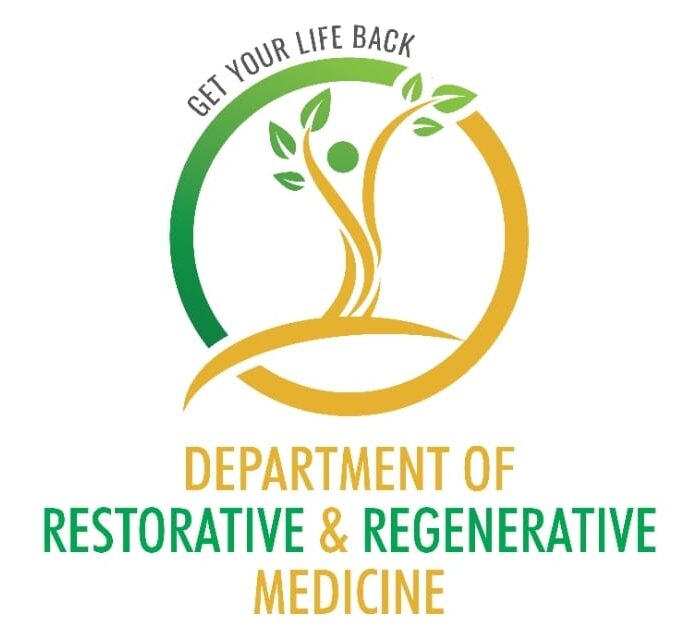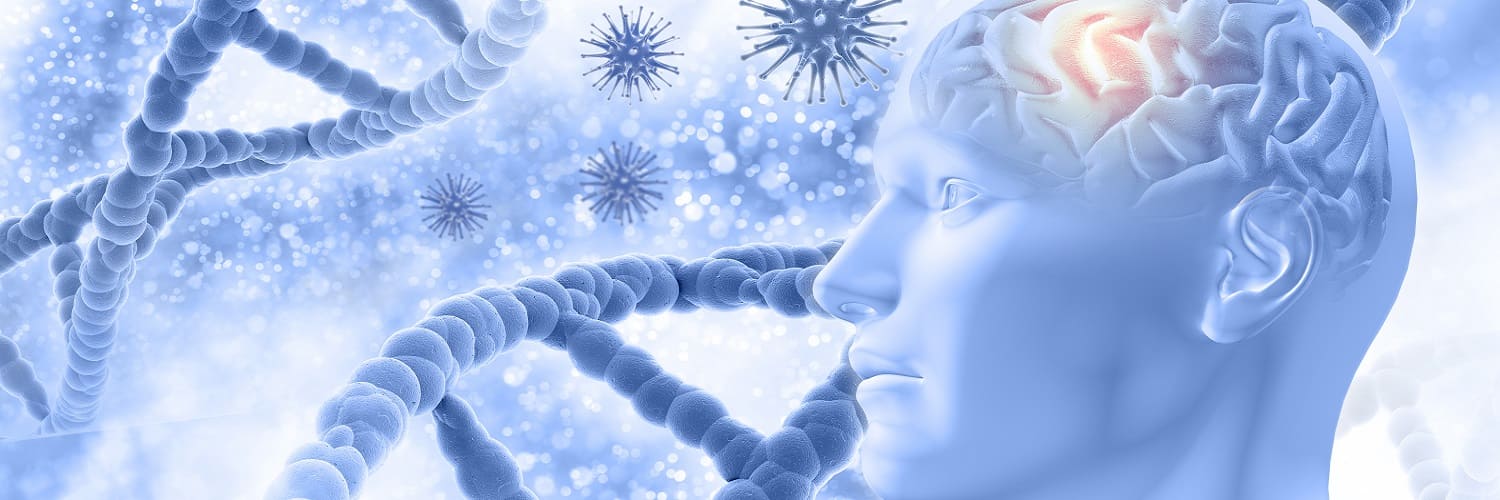RNR Medicine offers the best for stroke motor rehabilitation in Mumbai for the patients to get better after a stroke. Our team of experts really cares about making sure you get the right treatment to help with moving and feeling better. If you or someone you know is getting back on their feet after a stroke, think about RNR Medicine. Give us a shout, and let’s work together to make things better for you or your loved one.
Stroke is an acute syndrome of clinical signs of focal (or global) disturbance of cerebral function. Reduced arm and leg function leads to significant disability that affects daily living and increases the burden on these patients and their families. In many areas of the world, dedicated research is ongoing that can help patients to reduce their suffering from disability. Transcranial magnetic stimulation is such a novel innovative method that has shown promising results in recent studies. It is a painless, noninvasive method that modulates cortical excitability.


